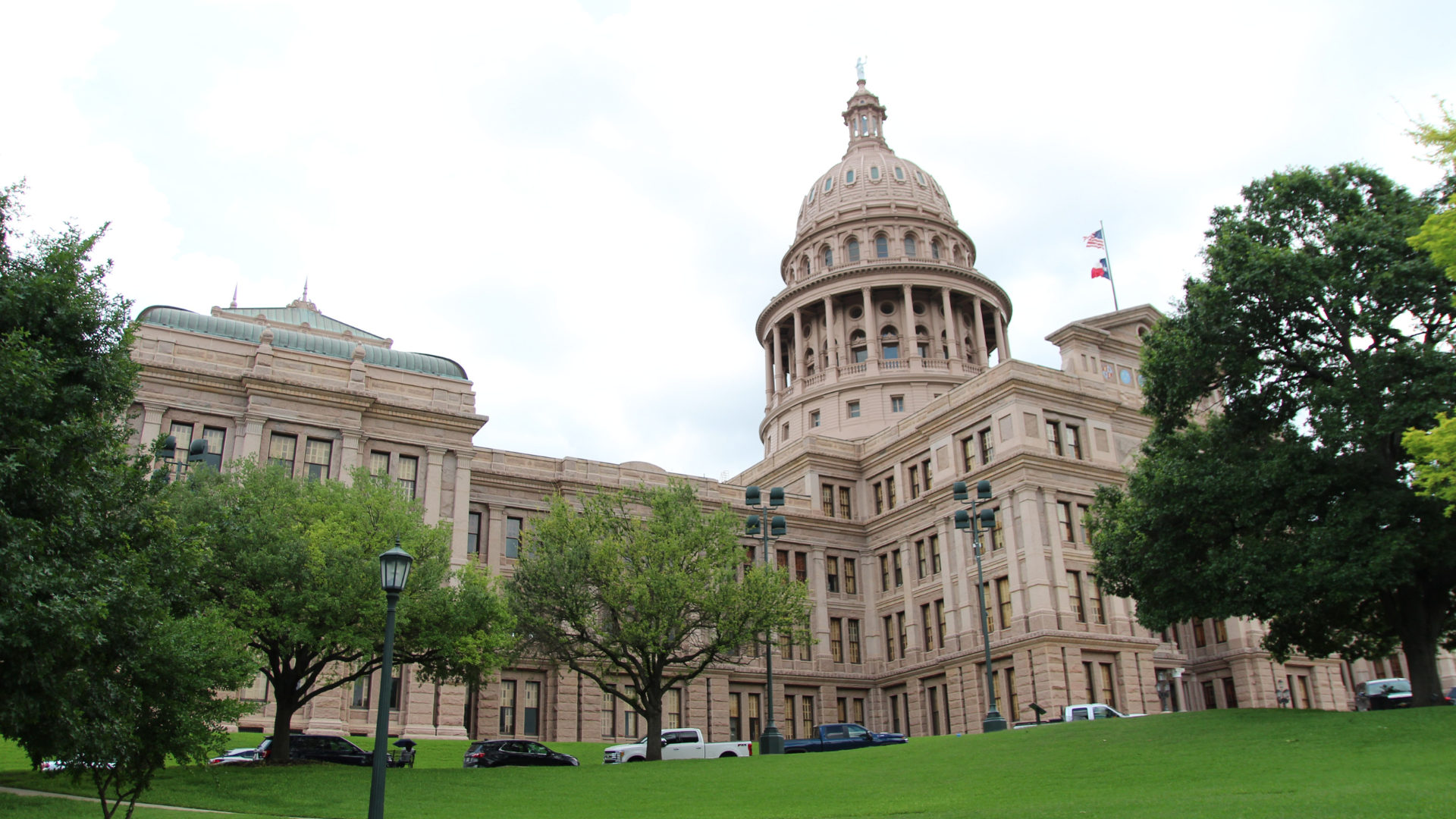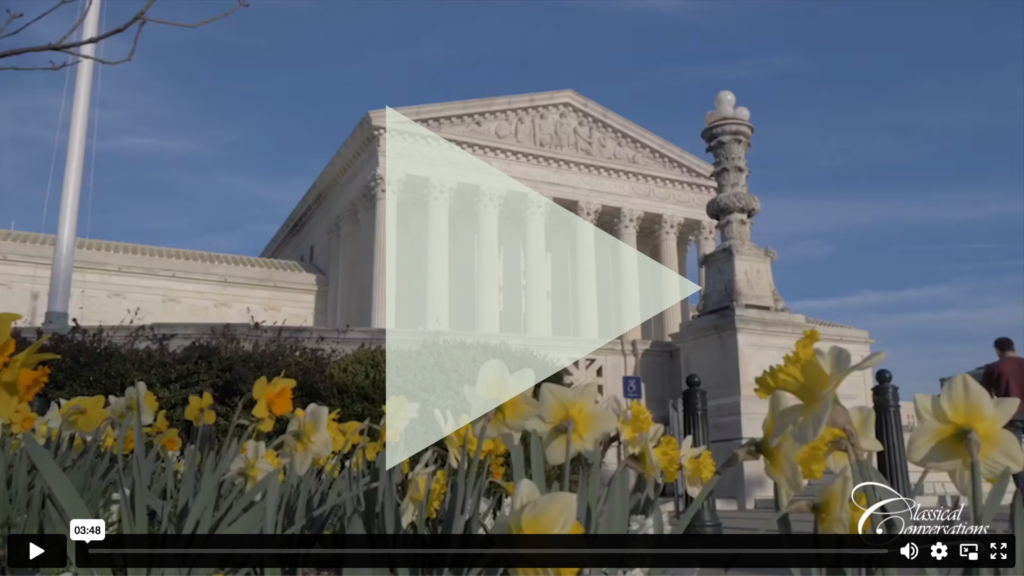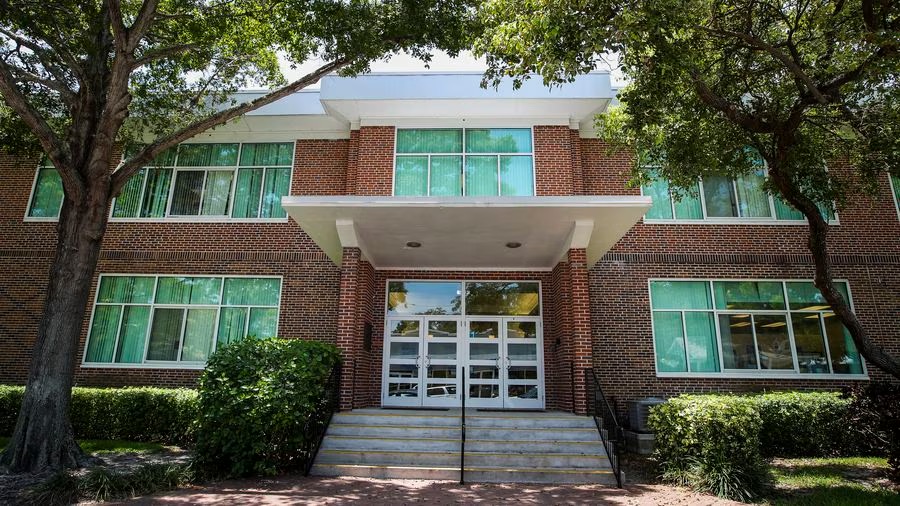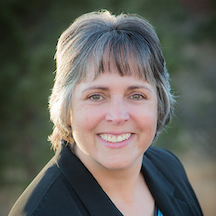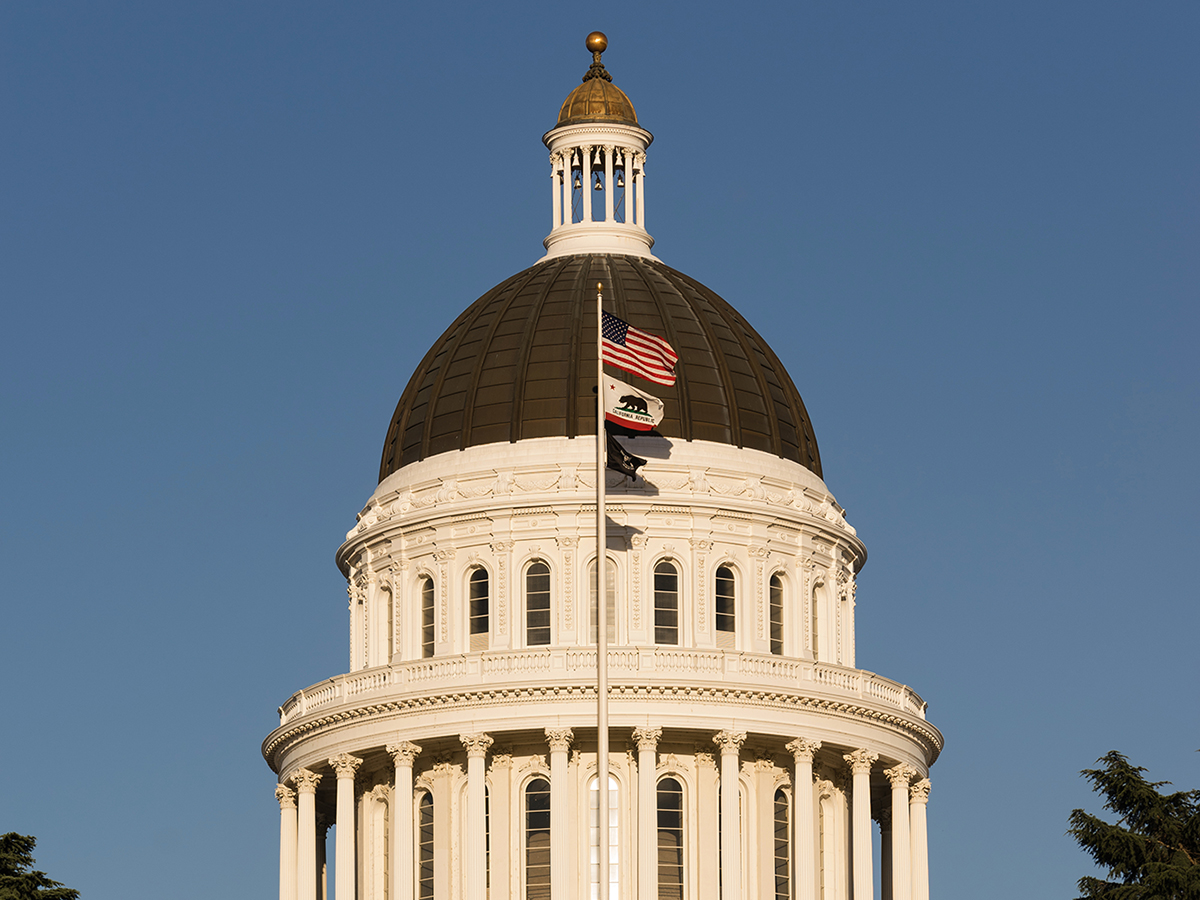By Lauren Gideon
Many people in America own timeshares or at least have been to one of those awful presentations. The concept is simple. Merriam-Webster defines a timeshare as “an agreement or arrangement in which parties share the ownership of or right to use property (as a resort condominium) and that provides for occupation by each party especially for periods of less than a year.”
The concept at hand regards how investors share ownership and rights to property. For many Americans, this is a tolerable relationship where all parties get pages of fine print and give their informed consent.
Does Joint Ownership Actually Exist?
Here is my question, though: Does joint ownership actually exist? In 1828, in the first edition of Webster’s American Dictionary of the English Language, ownership was defined as “property; exclusive right of possession; legal or just claim or title.”
The difference here is collective ownership vs. individual ownership. They sound similar, but they are, in fact, mutually exclusive. Once a collective owns something, the individual does not. And once an individual owns something, then the collective does not have ownership.
Culturally, we like the concept of collective ownership. Why? Vacations are both valuable and expensive. They are genuinely valuable to relationships, to mental health, toward stepping away from life to gain perspective, to see new places, and to gain education.
So many good things come from vacations. If time and money allow, one could say vacations are essential. For most families, the friction does not come from whether we should take a vacation but from the question: “How are we going to pay for a vacation?”
Enter the timeshare industry, which has capitalized on the strain between the value of vacation vs. the expense. The presentations capitalize on this tension and propose a solution: shared ownership. This proposal stems from the relationship between investing and ownership. (I don’t know of any timeshare holder that actually thinks they have exclusive right of possession).
A Multiplicity of Ownership Means No Individual Ownership
This leads me to my point: a multiplicity of ownership means no individual ownership. Collective owners or investors are merely stakeholders. They each have a vote and a voice, but they are still subject to the collective’s will.
The stakeholder relationship works in many common relationships where responsible parties can tolerate giving up individual ownership. Roads, city ordinances, and vacation abodes are some of our collectively shared possessions.
But what about those central responsibilities we possess? When is deferring to the stakeholder option an abdication of responsibility? For instance, scripture indirectly warns about having outside stakeholders in a marriage (Gen. 2:24). No outsider should have a vote in your marriage. The couple answers to God alone; therefore, it is imperative that they do not sell out to other investors that do not share in their unique and personal responsibility.
This same idea can apply to very private matters of the human experience. As James Madison said,
“More sparingly should this praise be allowed to a government, where a man’s religious rights are violated by penalties, or fettered by tests, or taxed by a hierarchy. Conscience is the most sacred of all property; other property depending in part on positive law, the exercise of that, being a natural and inalienable right. To guard a man’s house as his castle, to pay public and enforce private debts with the most exact faith, can give no title to invade a man’s conscience which is more sacred than his castle, or to withhold from it that debt of protection, for which the public faith is pledged, by the very nature and original conditions of the social pact.“
To summarize, there should be no stakeholders in someone’s religion or conscience. Madison repeatedly warned against trampling the private property (exclusive, individual ownership) of someone’s conscience.
How Do We Categorize Our Family’s Education?
Here is our closing question. How do we categorize our family’s education? Is it common or sacred? Is it public or private? Referring back to the vacation dilemma—education is also an essential commodity. It is more essential than a vacation, and given our budget limitations, the appeal to invest with multiple investors is strong.
The unfortunate consequence with outside investors is that—by definition—you have forfeited exclusive ownership. Individual ownership and collective ownership are mutually exclusive. Moreover, stewardship of your family’s education belongs to you at the end of the day. It cannot be outsourced. Our ownership in this field is sacred, and we all bear personal responsibility. This is the message we should aim to communicate to future generations.
Romans 12:2–3: Do not be conformed to this world, but be transformed by the renewal of your mind, that by testing you may discern what is the will of God, what is good and acceptable and perfect. For by the grace given to me I say to everyone among you not to think of himself more highly than he ought to think, but to think with sober judgment, each according to the measure of faith that God has assigned.

Lauren Gideon is the Manager of Grassroots Advocacy for Classical Conversations. She co-leads and teaches through an organization committed to raising citizenship IQ on U.S. founding documents. She and her husband homeschool their seven children on their small acreage, where they are enjoying their new adventures in homesteading.

